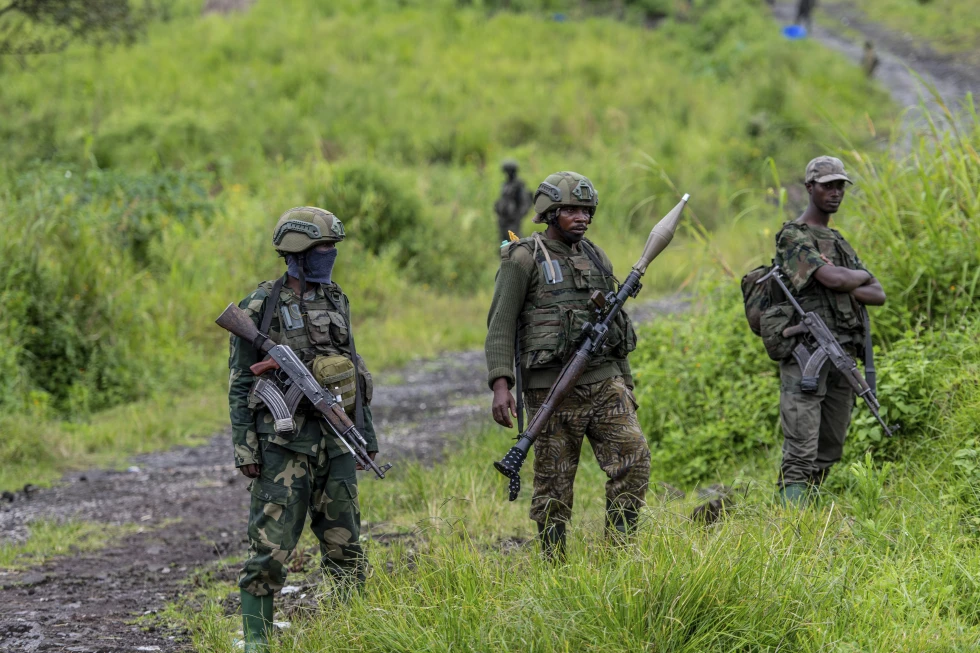The M23 rebel group in Congo is generating approximately $300,000 per month in revenue through its control of a key mining area in the country’s east, according to a report presented to the U.N. Security Council.

Bintou Keita, head of the U.N. mission in Congo, told the council that the rebels seized the Rubaya mining area in April, which holds significant deposits of tantalum, a rare metal crucial for the production of smartphones and computers.
“Over 15% of the world’s supply of tantalum comes from Rubaya,” Keita said. “Unless international sanctions are imposed on those benefiting from this criminal trade, peace will remain elusive and civilians will continue to suffer.”
The mineral trade has been a contentious issue in the region. Earlier this year, Congo’s government questioned Apple about its knowledge of “blood minerals” potentially being smuggled into its supply chain.

M23, primarily composed of ethnic Tutsis, broke away from the Congolese army over a decade ago. The group’s recent advances have heightened tensions in eastern Congo, where more than 120 armed groups are fighting for power, land, and mineral resources.
The conflict has displaced approximately 6 million people and led to widespread human rights violations, including mass killings and rapes.
Congo has accused Rwanda of supporting M23, a claim backed by U.S. and U.N. experts who estimate that between 3,000 and 4,000 Rwandan government forces are deployed alongside the rebel group. Rwanda denies these allegations but admitted in February to having troops in eastern Congo for security reasons.
Last week, a regional East African court began proceedings in a case filed by Congo against Rwanda, accusing it of violating Congo’s sovereignty by supporting rebels.
reuters


